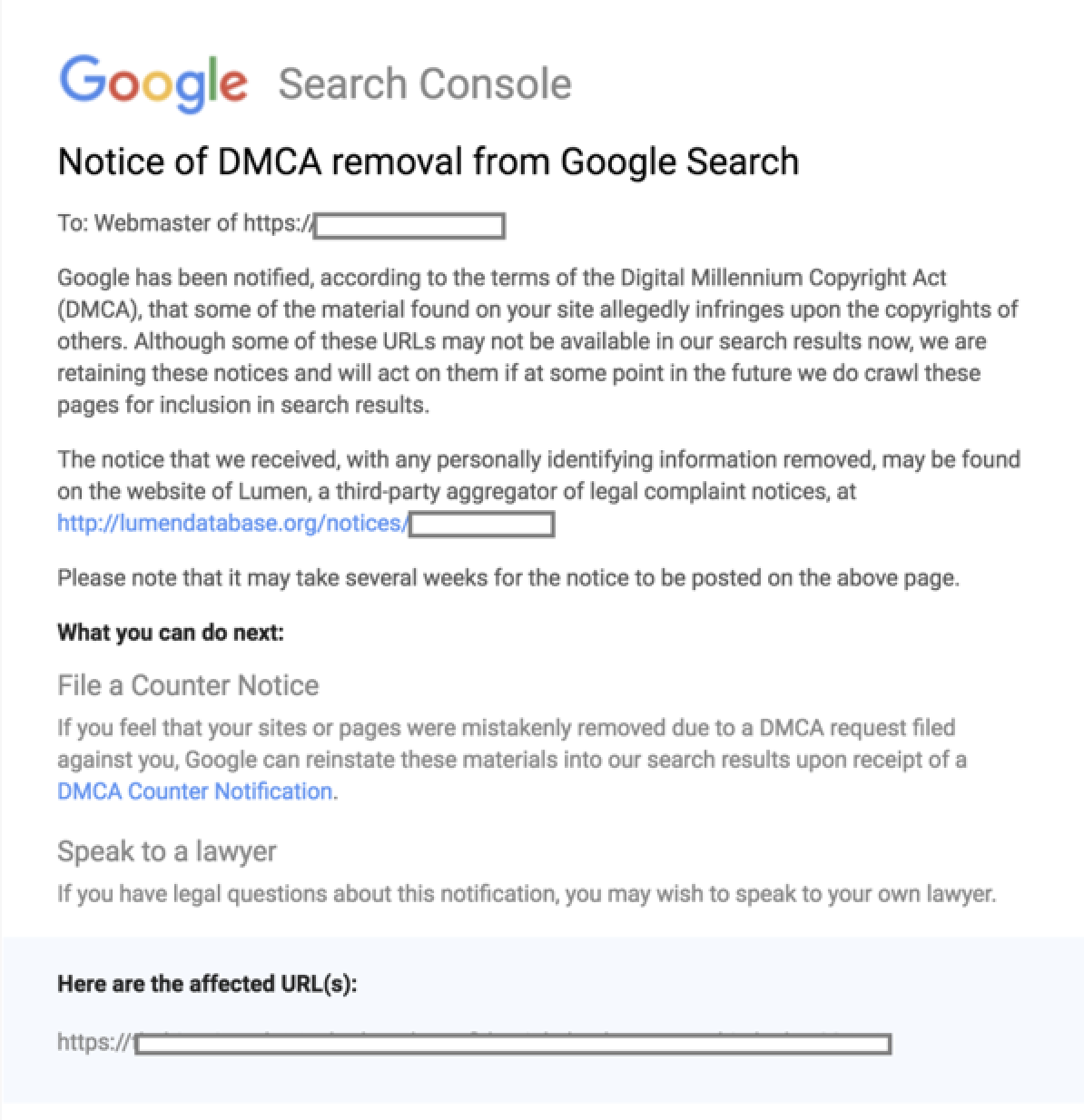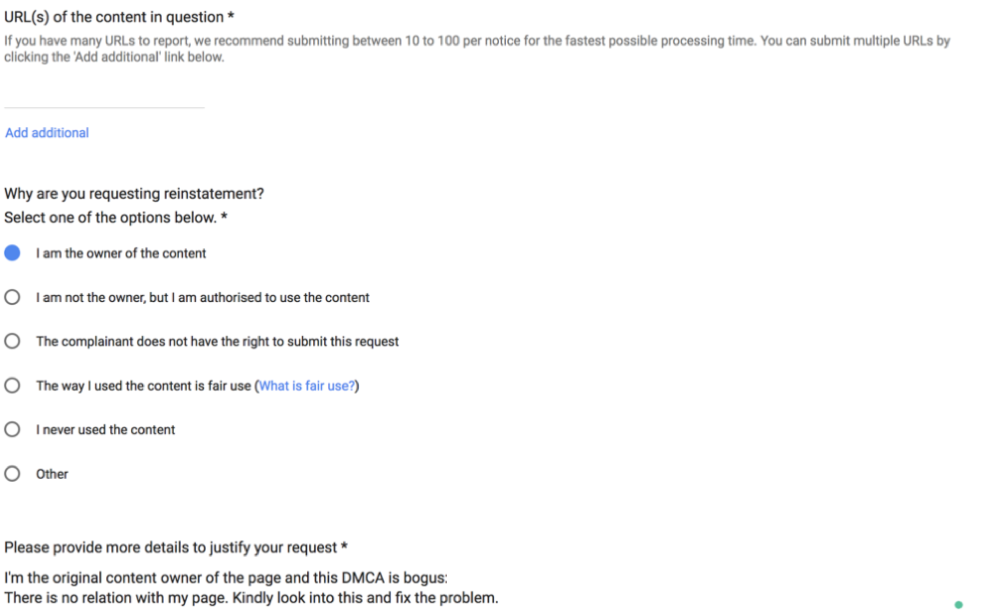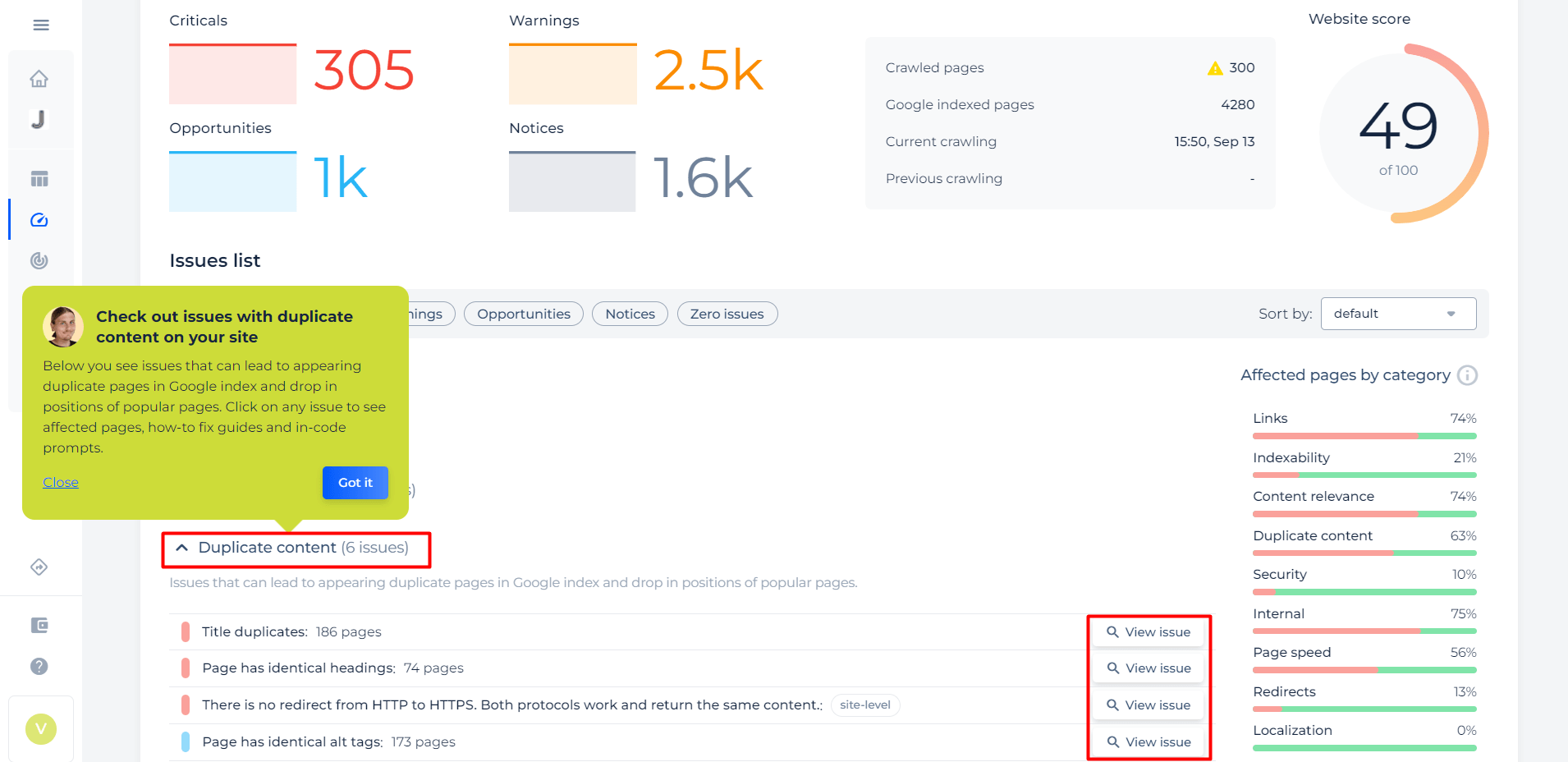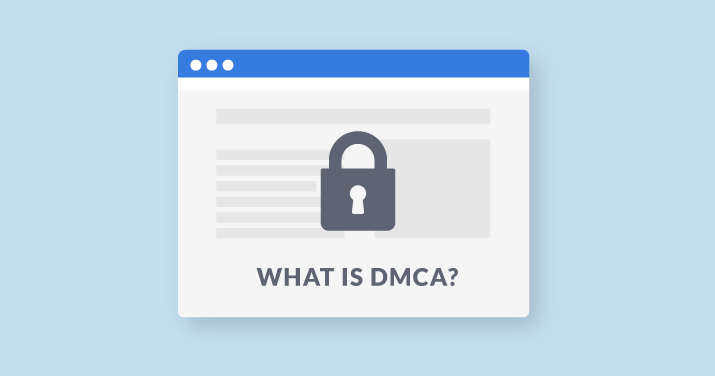DMCA Meaning
You may have heard about the Digital Millennium Copyright Act, or you may have even had a takedown notice because of it. Thus, to help you better understand what DMCA is, we have prepared a guide on it.
So, what is DMCA? To begin with, the Internet would look completely different today without this law. It is a complicated piece of legislation that has been enacted by President Bill Clinton in 1998. This law regulates digital intellectual property, and there is no doubt that it has changed the way Internet world works today.
Let’s say you are a blogger and someone copies your text. How does it feel? Should you ignore it? What can you do about it? Well, today with this act you can report about such issues. Thus, if such situation happens, don’t let anyone take advantage of your hard work and file a DMCA takedown request to remove stolen content.
What is a Purpose?
So, what happens when someone reports duplicate content? In a nutshell, a service provider is required to immediately remove the disputed content after receiving a proper notice. Then the provider should notify the client of such notice, and if the client submits an effective counter-notification, then the content that was removed may be restored. By doing this, the provider avoids facing civil liability for posting the content, removing and restoring it eventually. Thus, the rights holder would be able to sue only the user who posted the illegal content, not the provider. Although, the provider can still be brought to the court in order to identify the person who uploaded those illegal materials. Also, if the provider refuses to restore the deleted materials after receiving a counter-notification, then the client has the right to claim damages.
It can be done by reporting Google with Copyright Removal. You will get a short application form to fill out with the following information:
- Personal data
- Company name
- Information about website/websites that violated your copyright
- Your signature
Then all the needed information will be reported to Google and if the violation is found, the stolen content will be removed from SERP.
Why it Can be Dangerous to Get DMCA Notice?
The purpose of DMCA notice is to inform web provider, hosting company or even Google that they placing or referring the content that has been stolen. So if you have received the notice, you should take down the material as soon as possible. You should take this issue very seriously as it might affect your search ranking. Keep in mind that the search engine ranking of the website which receives DMCA request will be dropped. Thus, if you have ever copied any text and it still hasn’t been suspended, then consider deleting it to avoid duplicate content penalty in the future. Easily use website duplicate content checker to find all plagiarized pages.
The list of materials that are covered by DMCA:
- Videos
- Images/Photos
- Audio
- Any written and published pieces
How to Know That a Copyright Complaint Has Been Submitted to Your Site?
If a complaint is submitted to your site, you will get an email with all the information about it. The notice will look like this:

Of course, none of us want to receive such emails, but if you did receive it and you know that you didn’t make anything wrong, then try to file a counter-notice to fix this issue. So, if you ever find yourself in such a situation, then the very first thing you need to do is not to panic. Just follow the link you got in the email and file a counter-notice.
How to Remove DMCA Restrictions?
As we have already mentioned, you have to send a counter-notification to the company that removed your content (for instance, to Google). Basically, it’s just a letter where you should tell the company that they are wrong and the copyright infringement allegations are false. After you send this letter, the company would be able to restore the removed content. Of course, they can also refuse to do it if the original complainer files a lawsuit against you. If it happens, consider getting legal help and letting your lawyer handle this situation for you. You can prove your right by according to cached websites version that is saved in Web Archive.

But, what if you really did steal someone else’s content? What if they are right? Maybe, you didn’t know that you are stealing or you just didn’t know how all this copyright thing works. So, what’s now? Are there any ways to restore your site?
Well, even if you did it by accident, the URL of your page can’t be recovered. The only thing you can do is to change your page URL. Keep in mind that you can change it either fully or partially (character or letter). After this, you need to set up 301 redirects in your .htaccess file to inform the search engine that the page has permanently moved to a new URL.
As you see, it is very useful to know what is DMCA and how it affects you. Unfortunately, plagiarism is something that is not new to the Internet. But, let’s be honest, no one wants to see their content copied somewhere. And if such situation happens, you can file a takedown notice to remove such illegal content from the web. So, we hope that you now understand what is DMCA as this law has helped shape the Internet for us, whether or not we live in the United States.
Check Website for Duplicate Content with Sitechecker’s Tool
The Duplicate Content Checker by SiteChecker is an indispensable tool for content creators, SEO professionals, and website owners. It efficiently scans and identifies instances of content duplication within a website or between different websites. Duplicate content can significantly harm SEO efforts, leading to lower search engine rankings or even penalties. This tool helps in pinpointing duplicated text, enabling users to modify and optimize their content for better search engine visibility and uniqueness.

Beyond simply detecting duplicate content, this tool offers in-depth analysis, highlighting specific areas and degrees of similarity, which is crucial for understanding the extent of the duplication. It also provides actionable recommendations for resolving these issues, such as rephrasing or restructuring content. These features make the Duplicate Content Checker not only a diagnostic tool but also a guide for improving the overall quality and originality of website content, essential for standing out in the competitive digital landscape.
Ensure Your Content's Originality!
Spot potential content duplicates with our tool before search engines do.
Conclusion
The Digital Millennium Copyright Act (DMCA), enacted in 1998, plays a critical role in regulating digital intellectual property and shaping today’s internet landscape. It empowers content creators, like bloggers, to take action against unauthorized use of their work. When duplicate content is reported, service providers are required to remove it promptly to avoid liability, while offering a counter-notification process for disputed content. Violating DMCA can lead to serious consequences, including lowered search rankings and legal action. Understanding and adhering to DMCA is crucial for both protecting one’s own content and ensuring compliance when using others’ materials. The act covers a range of materials, and it’s essential to act swiftly and appropriately if faced with a DMCA notice or accusation.
